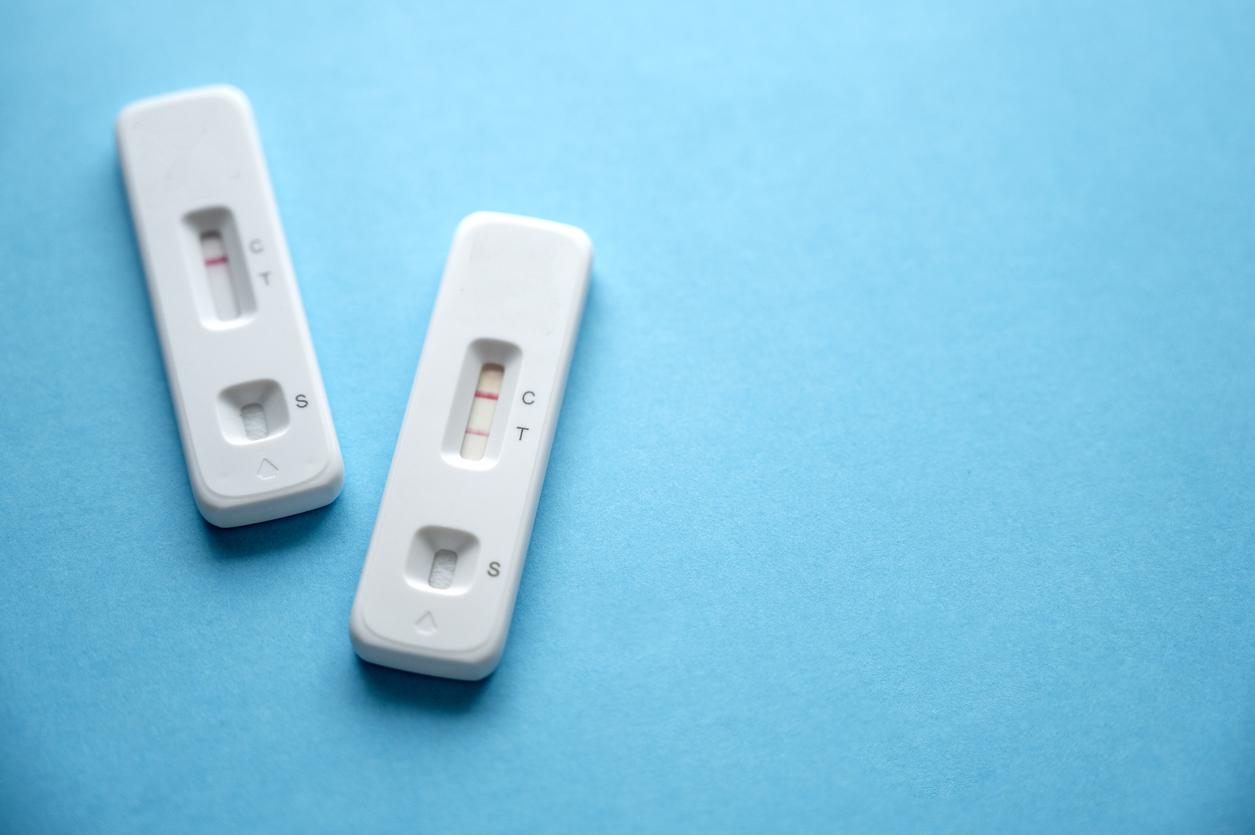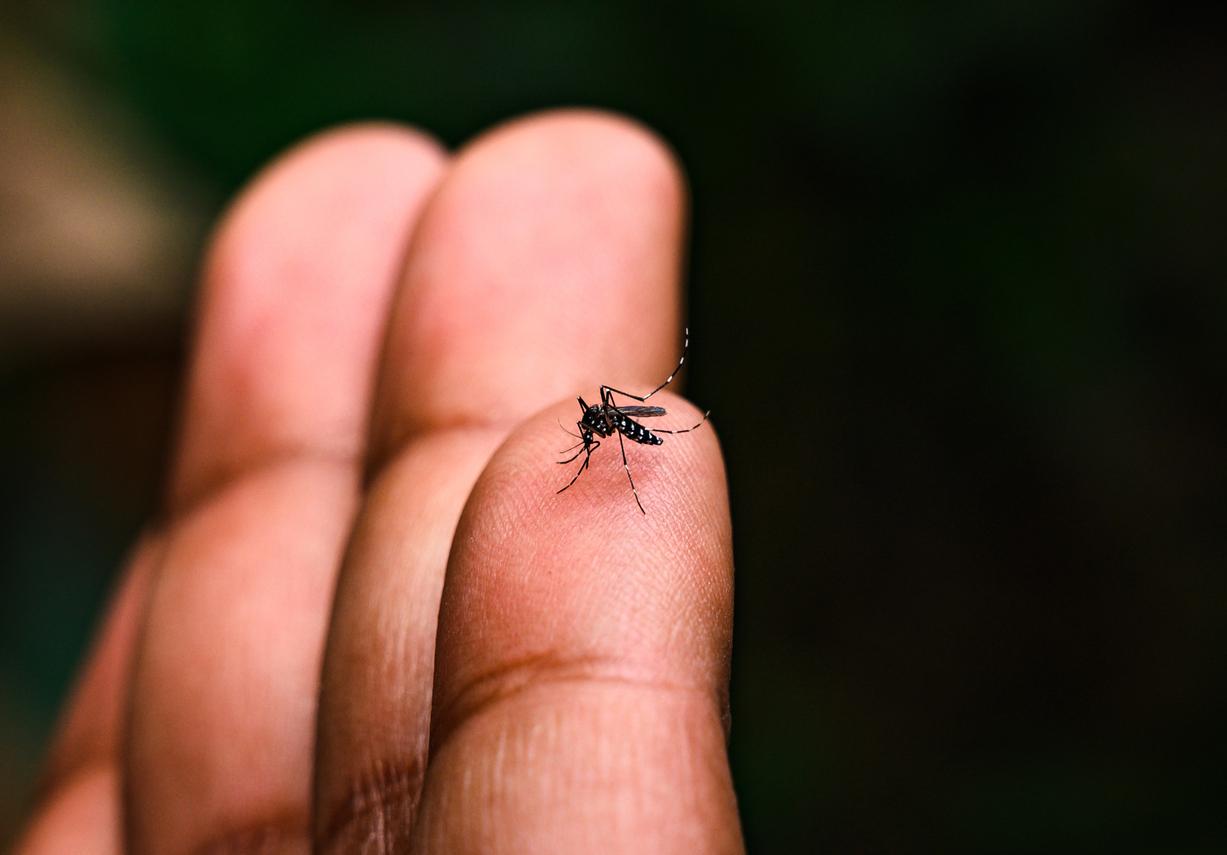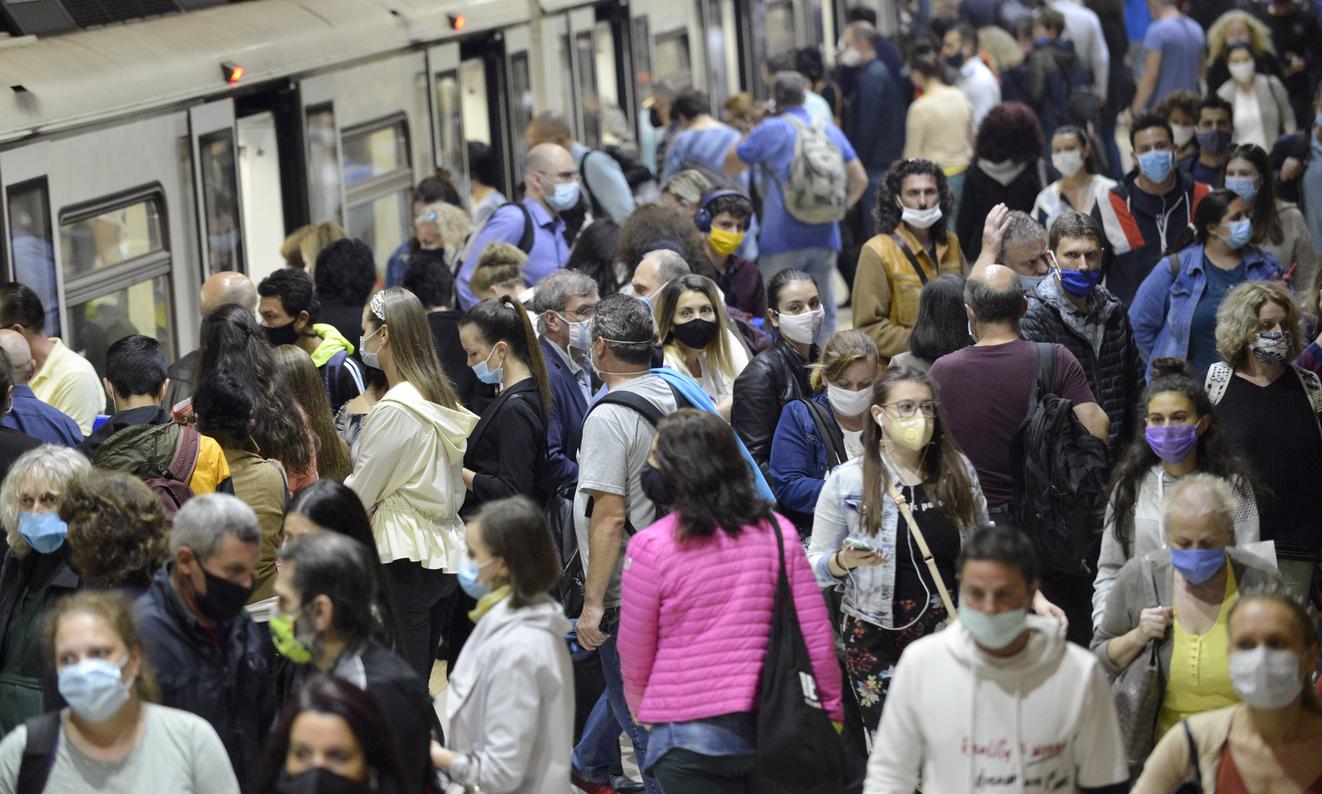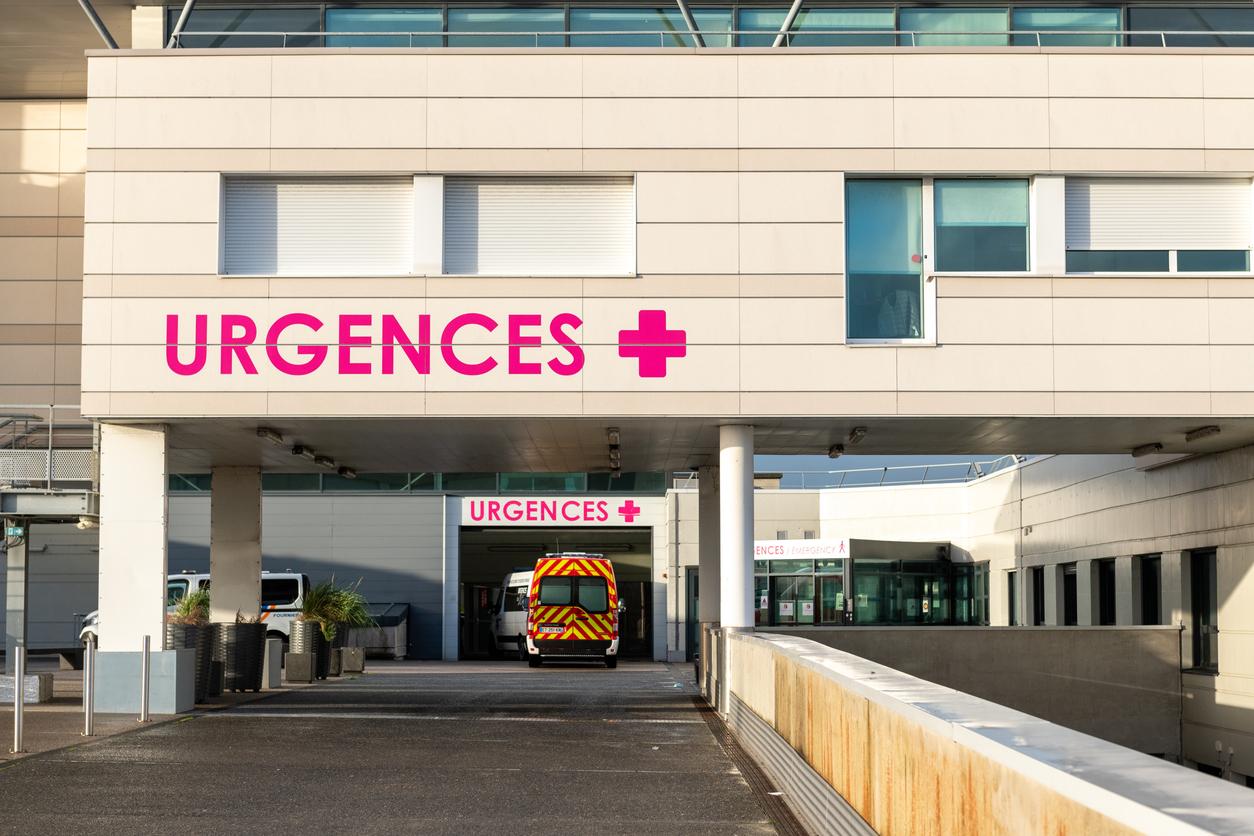While most active pharmaceutical ingredients are made in China, currently paralyzed by the coronavirus, experts are beginning to warn of the risk of a potential drug shortage in Europe. It is still too early to panic, however, assure laboratories and politicians.

The European Union is on the alert. As the coronavirus, now known as Covid-19, continues to spread, experts fear a possible drug shortage on the Old Continent. In question, “80% of active pharmaceutical ingredients (the molecules that give the drug its therapeutic or preventive properties, Editor’s note) used in Europe are manufactured outside the European Economic Area, a large part of which is in Asia”is alarmed the French Academy of Pharmacy. For their part, the laboratories and the European Ministers of Health, however, assure that it is still too early to panic, the EU having security stocks. In order to anticipate a potential crisis, the National Medicines Safety Agency (ANSM) has asked the “organizations representing the health, pharmaceutical, medical device and diagnostic medical device industries in vitro” to produce a report on the subject. “The results of these questions should be available in the coming days”assured the Directorate General of Health to Why doctor this Tuesday, February 25.
The thirty-five basic molecules in oncology are produced in the East, especially in China, by three manufacturers, worry health professionals. “Due to the multiplicity of links in the production chain, all it takes is a natural or health disaster, a geopolitical event, an industrial accident, to cause disruptions in supply that can lead to depriving patients of their treatments”therefore recalls the Academy of Pharmacy, insisting that the Chinese epidemic “pcould pose a serious threat to public health in France and Europe”.
2,500 Chinese factories shut down
While more and more populations find themselves confined and that business closures are linked in China, it is essential to “relocate the production of pharmaceutical raw materials”, she pleads. Since the HIV/AIDS crisis, laboratories have begun to relocate their production to countries with low labor costs, subject to less strict regulations. In detail, approximately 60% of production is now located in China and India, which makes it possible to market drugs at unbeatable prices and to treat patients more quickly and for less.
In addition to active principles, a significant proportion of excipients, ingredients that facilitate the absorption and dissolution of drugs in the body, and intermediate products, are also produced in the region. However, today, 2,500 Chinese factories are shut down.
However, it is still too early to panic, European laboratories can count on safety stocks. What’s more, the most important ones have different suppliers. “There is no risk of rupture within three to six months. On the other hand, if the virus continues to spread and the factories do not restart, the situation could become critical”, explained Bernd Schneider, chemical industry specialist at Alantra bank, during a press briefing on Thursday 13 February. “In the short term it’s fine, but obviously it’s something we have to keep monitoring. We are prepared for these kinds of problems”, nuance Emma Walmsley, general manager of the British group GSK. It should also be remembered that while most active ingredients are produced in Asia, the most complex ones, which go into the composition of the most innovative drugs, are manufactured in Western countries.
“We are monitoring the situation closely”
“For supplies, we are closely monitoring the situation to ensure that there is no discontinuity”, declares the French laboratory Sanofi to AFP. “At the moment, we are confident that our existing stocks are sufficient to cover production and distribution needs”, adds the Swiss Novartis. Finally, Thomas Cueni, the director general of the international federation of pharmaceutical manufacturers (IFPMA), assures that the situation was not worrying for the moment. “Obviously, this is going to depend on how long manufacturing production can be affected by the epidemic”he says.
Same story on the political side, meeting urgently two weeks ago in Geneva. “OThere is a priori no alarm signal on a collapse in production but we are very attentive, explains the number 2 of the French Ministry of Health, Jérôme Salomon. Lhe situation in China is leading to extremely strong containment measures, with a reduction in activity affecting all sectors. We are attentive at the global and European level to the consequences of these reductions in activity on world trade, including this important sector of health products..”
“In order to best anticipate the potential risks of shortages in health products, the ANSM has asked the organizations representing the health industries (…) to identify for products marketed in France those whose manufacture or part is carried out in China and to mobilize measures ad hoc to guarantee the continuity of coverage of health needs for patients. The results of these questions should be available in the coming days”specifies the General Directorate of Health at Why doctor.
“To date, the ANSM has not received any declaration of tension”
At European level, the Union’s health ministers wish to “strengthen the existing coordination” to “improve efficiency” national measures. “We need to go further, to coordinate on barrier measures, the arrival of travelers, the epidemiological analysis of cases, protective stocks”Explain the former French Minister of Health Agnès Buzyn. Recalling that “this crisis“could”settle over several months”, the Minister is concerned about the consequences on the availability of protective equipment (gloves, masks) for healthcare personnel. While most of the manufacturers of this equipment are located in China, the ministers are therefore today asking the European Commission to ensure that it facilitates the necessary access to them.
“EMA (European Medicines Agency) called on European stakeholders in the pharmaceutical industry for medicines for human and veterinary use to share information relating to out-of-stock alerts transmitted by the health agencies of the European Union (…) To date, the ANSM has not received any declaration of tension, the ANSM is in contact with us and is closely monitoring the situation”details the Directorate General of Health.
If the situation continues to deteriorate, the laboratories will have to rely on new suppliers and obtain validation from the health authorities.















